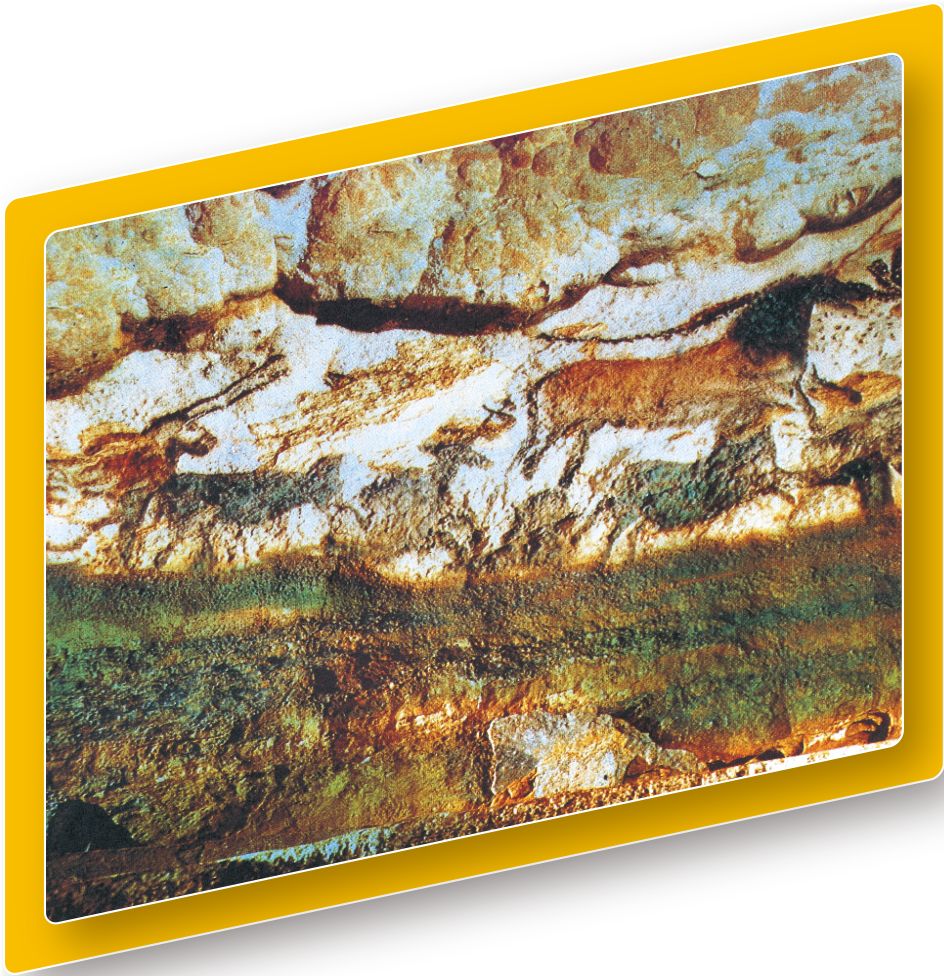

Many people think that science will eventually be able to explain everything that happens in nature, and that technology will be able to reproduce it. Perhaps that is so, but even then, that day lies far into the future. Probably a more likely scenario is that the further science and technology advance, the deeper the mysteries of the world will grow. Even with topics that we believe science has solved for good, when you take a closer look, you'll find that plenty of problems have slipped through the cracks or been swept under the carpet. Furthermore, these are often the issues that are closest to us and most important in our daily lives. Take hunches or intuitions or premonitions, for example. They may have rational-sounding explanations, but our gut feelings tell us something is not quite right after all. Such examples are not at all uncommon. When you think about it, there are lots of things that modern civilization has forgotten all about. Maybe the time has come to stop for a moment and try to remember. The seeds of forthcoming science and technology are impatiently waiting to be discovered among the things we have left behind.
HORIBA, Ltd.


Over 10,000 year old cave painting from Lascaux. It already contains depictions that are believed to be symbols.

Ancient Babylonian clay tablets with cuneiform letters.

Book depicted in The Money Changer and his Wife by Quentin Matsys (1514). Books were still luxury items in the 16th century.

ENIAC, one of the earliest computers, was built with 17,468 vacuum tubes.

Is the Cloud really an information medium? Or is it an information graveyard?
Tacit understanding, dancing to the same beat, witty repartee. As such expressions indicate, people used to put a high value on non-verbal means of communication. It might even be that humans had some kind of “paranormal abilities” before they began to use language. Being able to read the signs of nature was essential for survival. Thanks to machines, our ability to communicate efficiently and accurately has increased dramatically.But at the same time, we can no longer read the facial expression or body language of the person we are communicating with, nor hear their tone of voice. And when the option to read moods disappear, the very ability to read moods will also be lost.
Headphones present a similar case. Byblocking out unwanted noise from the surroundings in order to listen to the music, the wearer also chooses to ignore the mood of the place and other people from the very beginning. In the office, email has become the main way of communicating. Telephones are silent, there are no more conversations to overhear, and as a result nobody any longer knows who is working on what, or how they are doing. But the real state of affairs is hidden precisely in “information” that is hard to express in words or numbers. What we need is not new media that can convey moods and indications, but rather to let go of media altogether sometimes.
